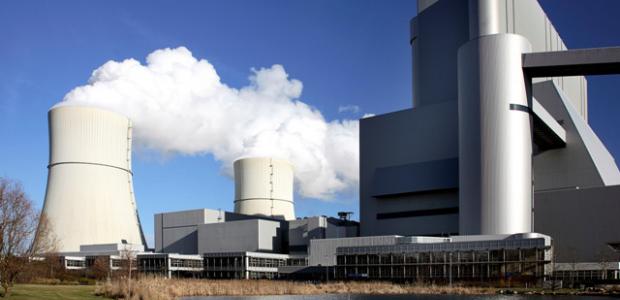Investors considering the possibility of establishing joint ventures with main power utility PPC want the utility to offer investment opportunities beyond some of its lignite-fired stations and add two to three hydropower stations to the package as well.
PPC’s chief executive Manolis Panagiotakis yesterday called on private-sector investors to look at establishing partnerships with the utility, but, based in the intentions of investors, energypress understands PPC’s lignite-fired stations, alone, will not suffice.
However, during his comments yesterday, Panagiotakis rejected the prospect of adding some of the utility’s hydropower stations to the partnerships list.
Even so, it must be acknowledged that PPC has taken a first step. However, it appears an additional step will be required to stir real private-sector interest for joint ventures.
These latest developments essentially bring back to the fore the prospect of establishing a “Little PPC”, but as a revised plan. Unlike the preceding plan forwarded by the country’s previous government, this latest effort would entail retaining PPC’s interest in any new breakaway company with a 49 percent stake.
The PPC chief has left the door wide open to investors for talks concerning the establishment of joint ventures for at least three lignite-fired stations – Amyndeo, Melitis I and Melitis II. PPC would be willing to surrender 51 percent stakes in these, he said. According to energypress sources, the energy minister Panos Skourletis has already endorsed this prospect.
These latest developments have not come as a complete surprise for sector officials closely following the matter. PPC’s shift in policy, which has transformed from an outright refusal to sell to a willingness to discuss, is not entirely new. For months now, Panagiotakis, the utility’s boss, has indicated PPC would accept joint venture solutions as a means of avoiding a more merciless break-up of the utility. However, until yesterday, his references to developing partnerships were far less direct.
The administration at PPC is definitely anxious about the company’s future. Unpaid overdue electricity bills owed by consumers to PPC have reached an alarming 2.3 billion euros, its debt level is high, low-cost capital accessibility is missing, amd the utility needs to surrender 50 percent of its market share by 2020, based on bailout agreement demands.
Definitely not coincidental, the PPC chief is talking about the propect of joint ventures with private-sector investors at a time when yet another unfavorable European Court verdict for the utility’s breach of lignite-related competitition regulations is believed to be imminent. In taking the first step, PPC is attempting to appease.





